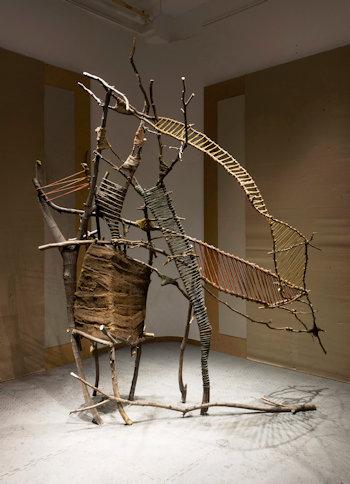 I am still adjusting. To prose. The endless line. Adjusting to nonfiction. To motherhood & writing mothering so my “I” has nothing to hide behind. The lyric stripped of so much music & light. I used to turn to moon, then the stars. Now, my son turns to them too, & beyond them. Satellites, gas giants, black holes. He says he wants to feel them, wants to be farthest from where his feet touch ground.
I am still adjusting. To prose. The endless line. Adjusting to nonfiction. To motherhood & writing mothering so my “I” has nothing to hide behind. The lyric stripped of so much music & light. I used to turn to moon, then the stars. Now, my son turns to them too, & beyond them. Satellites, gas giants, black holes. He says he wants to feel them, wants to be farthest from where his feet touch ground.
Neurodiverse sounds like universe. Neurodiverse. I repeat & hold it in my mouth. He holds it in the whole of him. Neuron-universe, a world all his own. Fluttering neurons we cannot see or make sense of. I say neurodiverse sounds like universe versus—him against everything else—verses, verses. I am still signing, writing what is & isn’t lyric to get closer. I don’t know to what. Every word takes me father away. The black & white against the page is the negative, a counter image of countless stars—black glimmers against a white expanse.
I tell him he could land on the moon, on Saturn’s rings even. He could study black holes. He could know these celestial things. There is something solid in such reaching.
No, he protests. He wants to touch the body of the planet, its hydrogen & helium, his hands outstretched towards black matter. He wants to sink into something. To be consumed wholly. If only we could detach from sense, unbind from gravity, from our eyes, our senseless feet. Unbound by our “I’s” too. How beautiful his longing. How distant. Maybe that’s why we both turn to the moon, to rock that is heft & weightless, glow & shadow.
Why is the moon still here? He asks, when its ghost-halo stays white into the morning. I don’t know how to explain the science. The way the sun reflects off stone. The way our sky hangs on longer than she should.
I tell him, Sometimes, the moon waits for you to wake, so she can go to sleep. I tell him it’s a game of hide ‘n’ seek, & he has won. I tell him whatever is close enough to true to hold him, grounded to this earth.
Neurodiverse
is a universe
of black holes—
we do not know what it is made of or where it leads. We know it is wonder. Magic even. We know it is full of “I” & at once, completely drained of it. We know, if we get too close, it will swallow us, & if we stay away, we will never feel the gravitational pull of something greater than any god.
___
Julia Kolchinsky Dasbach is the author of four poetry collections: 40 WEEKS (YesYes Books, 2023), Don’t Touch the Bones (Lost Horse Press, 2020), and The Many Names for Mother (Kent State University Press, 2019) and finalist for the Jewish Book Award. With Luisa Muradyan, she has written When the World Stopped Touching, a collaborative book of poems structured as letters, forthcoming from YesYes in 2025. She is working on a book of linked lyric essays as well as a collection of poems which deal with parenting a neurodiverse child on the autism spectrum under the shadow of the war in Ukraine, Julia’s birthplace. Her work has appeared in POETRY, Prairie Schooner, Ploughshares, and American Poetry Review. Julia is Assistant Professor of English and Creative Writing at Denison University.

1 comment
Stefanie Gauguet says:
Jul 7, 2024
I love this! I love how you find parallels in your world and his world and find words to express this so beautifully.
I also can so relate, as a fellow mother to a neurodiverse son who spends a lot of time thinking and talking about space and struggles so much to feel connected to our way of life on earth.